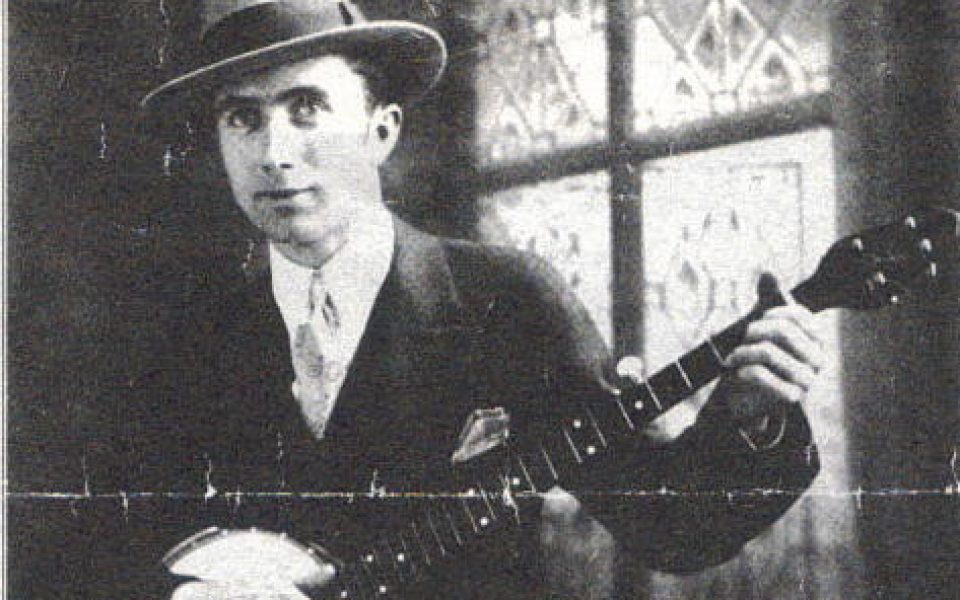Throughout the 1940s, artist and record aficionado Harry Smith collected 78s, the brittle, shellac records made between the late 19th and mid-20th centuries that spin their songs at 78 revolutions per minute. Most were referred to as “hillbilly records” or “race records” by those whose cultural and economic backgrounds differed from the purveyors of those musical traditions. Most were recorded before the Great Depression.
By the time Smith attempted to sell his collection to Moses Asch, the founder of Folkways Records, it had grown to several thousands discs. But rather than purchase the collection, Asch suggested a folk anthology, which Smith then assembled, revised and intensively annotated.
In 1952, Folkways Records released Smith’s 84-song, six-album compilation. According to some historians, the Anthology became a musical constitution for what’s known as the folk revival. More than any single cultural text, some say, it “invented the sixties.”
Inside the Anthology, some of Smith’s synopses are fascinating. If Chubby Parker’s “King Kong Kitchie Kitchie Ki-Me-O” isn’t gripping enough as a title, Smith’s corresponding summary — “Zoologic Miscegeny Achieved in Mouse-Frog Nuptials, Relatives Approve” — seals the deal.
But many components behind Smith’s creation are controversial. Not only does the anthology qualify as an extensive bootleg — the complete licensing rights not attained until the 1997 Smithsonian Folkways Recordings CD-release — but even from a place of admiration, the for-profit appropriation of music demands serious ethical debate.
Whatever the case, this endorsement isn’t for him; it’s for the songs themselves.
They are more than cultural resources or quirky antiques. Each one is an unquiet tomb, begging to be explored. With patience and esteem, the ghosts come alive.
Witness the life and death of John Henry in “Gonna Die with My Hammer in My Hand” by Williamson Brothers and Curry. Feel the lament in Jim Jackson’s “Old Dog Blue.” Explore North Carolina’s century-old musical traditions through Charlie Poole and the North Carolina Ramblers, the Carolina Tar Heels, and more. Hear the incredible, vindictive end of “James Alley Blues” as Richard “Rabbit” Brown sings, “Sometimes I think that you too sweet to die/ And another time I think you oughta be buried alive.”
And yes, even investigate Parker’s mouse-frog nuptials.
Join the First Amendment Society, a membership that goes directly to funding TCB‘s newsroom.
We believe that reporting can save the world.
The TCB First Amendment Society recognizes the vital role of a free, unfettered press with a bundling of local experiences designed to build community, and unique engagements with our newsroom that will help you understand, and shape, local journalism’s critical role in uplifting the people in our cities.
All revenue goes directly into the newsroom as reporters’ salaries and freelance commissions.


Leave a Reply